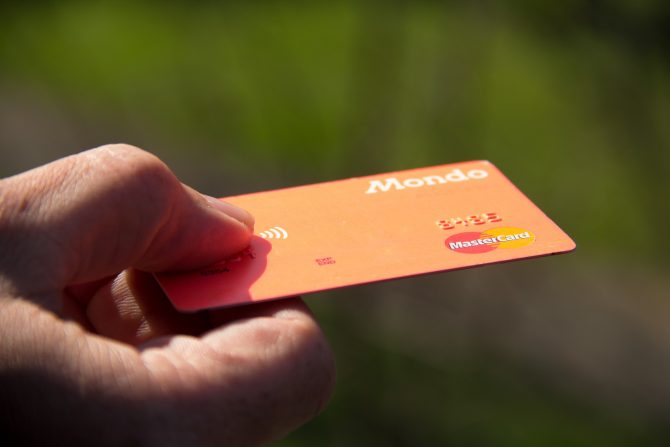Google and MasterCard closed a secret deal to link retail sales to online advertisements, according to Bloomberg. The search giant reportedly paid several millions of dollars for credit card data of MasterCard customers.

The past year, a group of select Google advertisers received access to a special tool that allowed them to check whether their online advertisements resulted in higher retail sales. With the tool they could link their sales data with credit card data of millions of unaware MasterCard customers. Google and MasterCard never publicly announced the deal and thus MasterCard customers never knew their data was sold and used, according to Bloomberg based on information from an anonymous source.
Last year, Google announced a new service to monitor retail sales. With the service, stores could import email addresses collected for their loyalty program into Adwords. This allowed stores to see whether users from which it imported the email address made a purchase in their physical store after clicking an AdWords advertisement. Back then, Google also claimed that stores without a loyalty program could use data from Google's partners which had access to 70% of all debit and credit card data transactions in the United States. Google never disclosed who its partners were.
After its launch, the service was heavily criticized by privacy and consumer organizations who urged Google to stop tracking sales in physical stores.
When asked about the deal, Google told Bloomberg, “We do not have access to any personal information from our partners’ credit and debit cards, nor do we share any personal information with our partners.”
The search giant also stresses that user can opt out of ad tracking using Google’s “Web and App Activity” online console. A source briefed on the technology also told Bloomberg that Google has developed a technology that transforms and encrypts the data in such a way that, even when it ever becomes public, “no party could do anything with it.”
MasterCard's spokesman Seth Eisen declined to comment on the deal with Google. He did say that, “information, which includes sales volumes and average size of the purchase, is shared only with permission of the merchants.”
“No individual transaction or personal data is provided,” he said in a statement. “We do not provide insights that track, serve up ads to, or even measure ad effectiveness relating to, individual consumers,” he added.
















